
Sciences & Technology
Where’s the proof internet voting is secure?
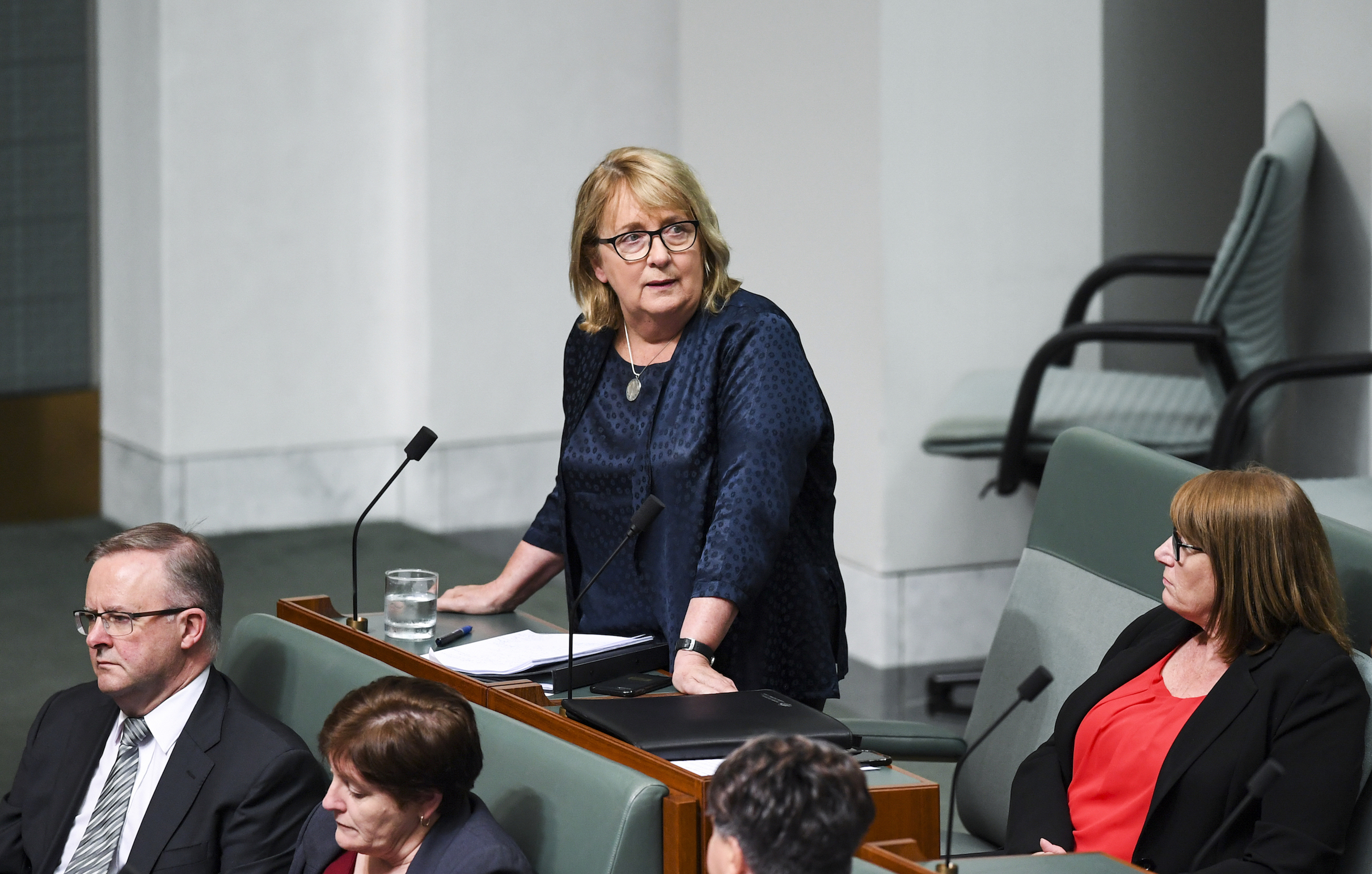
Overcoming the trust deficit in Australian politics and delivering key policies requires empathetic leaders to stand up and fight, says former deputy Labor leader Jenny Macklin
Published 22 October 2019
In 1996, shy policy researcher Jenny Macklin found herself in front of a shopping centre, engaged in a furious internal monologue with herself.
She was already established as a substantial policy expert within the Australian Labor Party (ALP), heading up two reviews during the Hawke and Keating governments on health, and urban and regional development. That was her comfort zone.
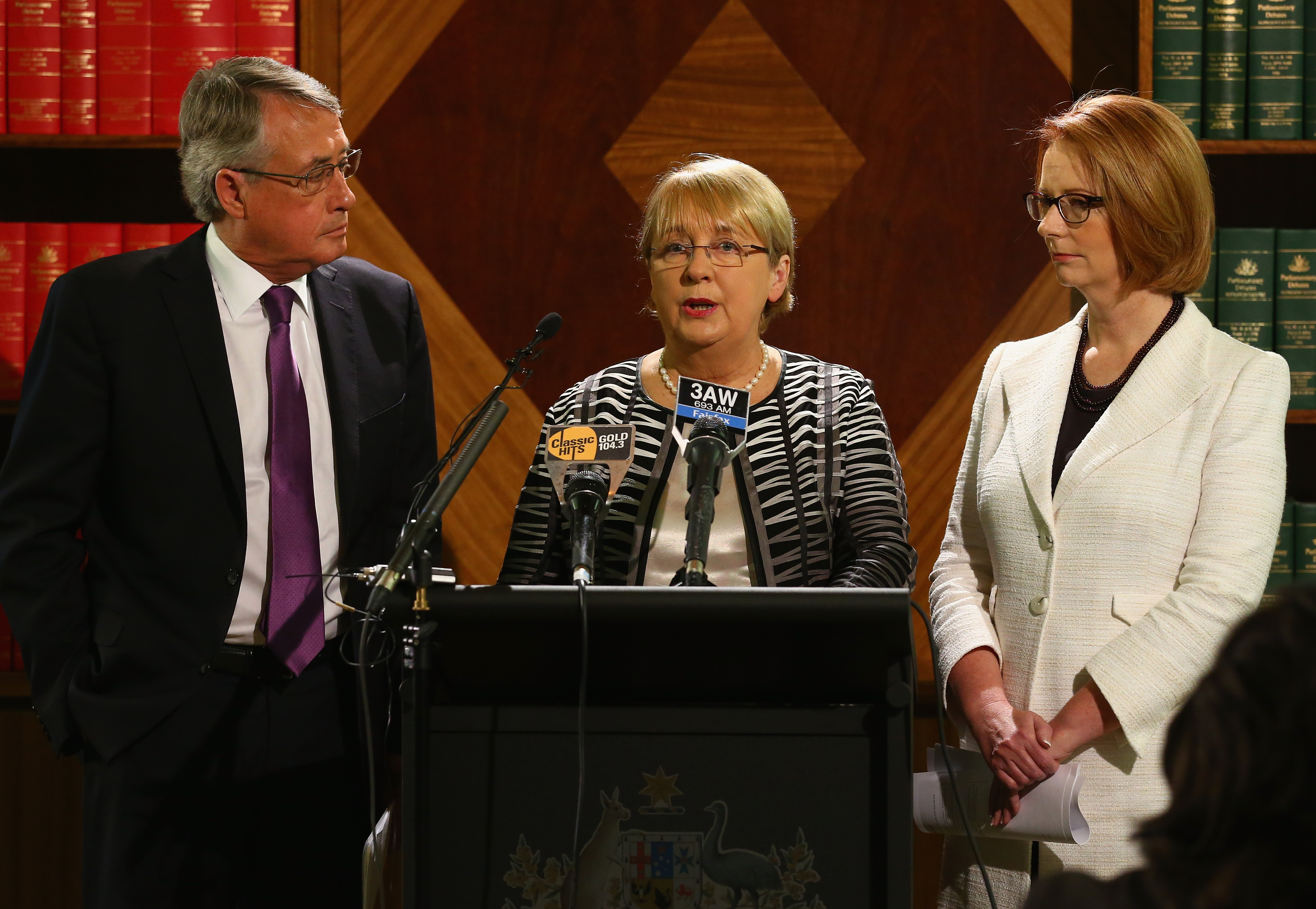
Being out on the street introducing herself to voters as the aspiring member for Jagajaga north of Melbourne, was about as far as she could get from her comfort zone.
“It took a lot of me having to push myself, but if I wanted to make a difference I knew I just had to get out there and do it because if you are asking people to trust you they need to know you as a person,” says Macklin.

Sciences & Technology
Where’s the proof internet voting is secure?
She would go on to hold the seat for 23 years, becoming the first woman to hold the post of deputy leader of a major Australian political party.
Serving as a cabinet minister in the Kevin Rudd and Julia Gillard governments, she drove major policy reforms like the introduction of national paid parental leave and the National Disability Insurance Scheme (NDIS), as well as delivering the single largest increase in the aged pension.
She soon learned to always carry a notebook with her when doing the shopping in her electorate because there would always be someone with a concern or an issue, whether it was something she could do or, as was more often the case, something she could alert the local council to. Whatever it was it didn’t matter.
“The last thing people want to hear is someone saying, ‘that’s not my job’”.
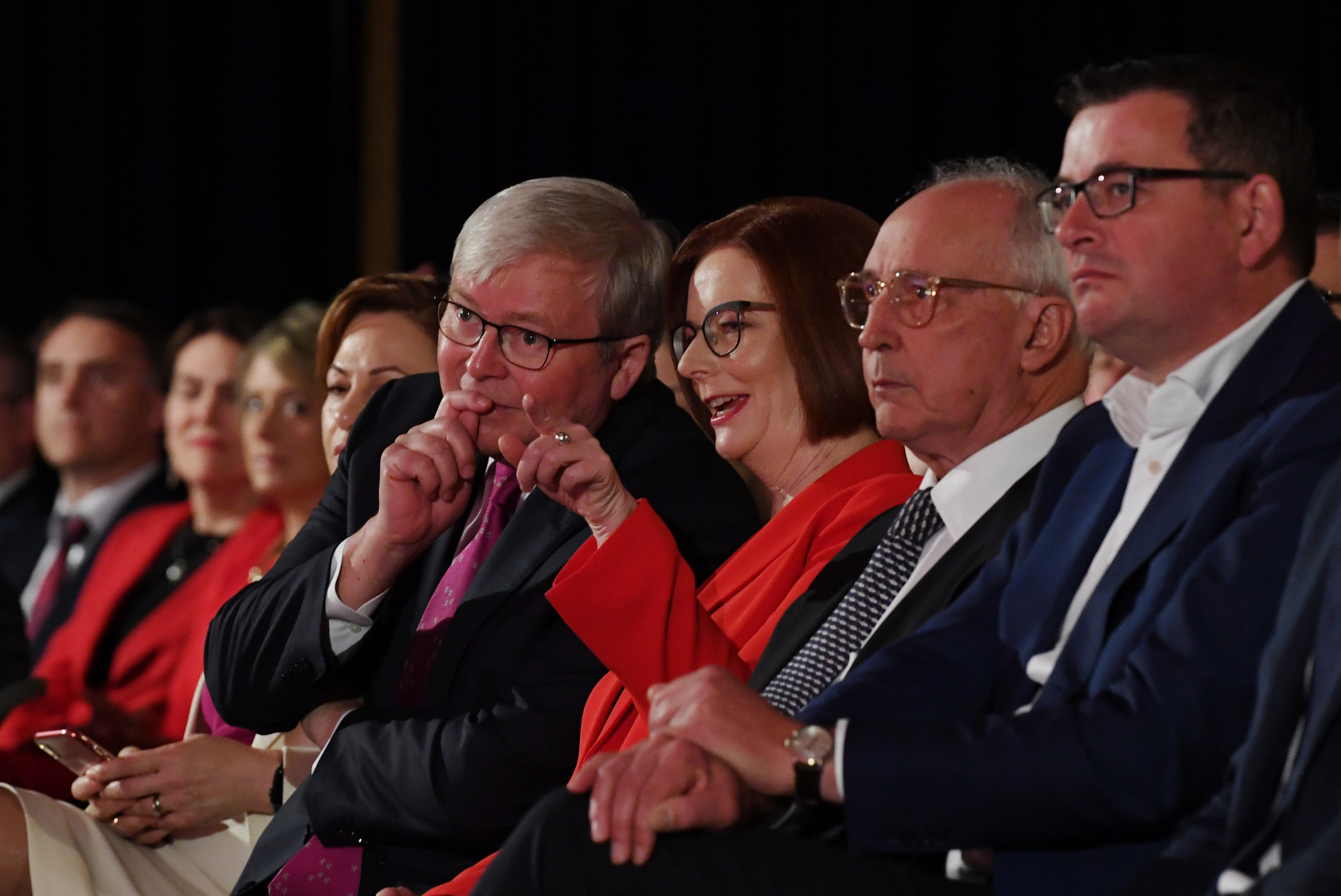
Now a vice chancellor’s fellow at the University of Melbourne’s School of Government, Macklin has agreed to talk to me about the importance of leadership to policy making in the lead up to the award of the annual, non-partisan McKinnon Prize in Political Leadership, nominations for which are now open.
It is four months since Macklin retired from politics, ahead of the May federal election where the ALP suffered its third straight election defeat.

Politics & Society
Staying the course with a light hand
Amid the soul searching there’s been talk of the party being too ambitious with its reform agenda.
Macklin isn’t about to join in any public analysis, but she is adamant that big policy ideas aren’t the problem. Indeed, they are the whole point of going into politics.
“You go into politics to make good changes, changes that the country needs that won’t happen otherwise,” says Macklin.
She underscores her point with the reminder that the Labor governments of Whitlam, Hawke/Keating, and Rudd/Gillard all delivered ambitious reforms that today many Australians would struggle believe were never in place – Medibank that led to Medicare, the opening up of the economy, Year 12 school completion rates of 85 per cent, increased university participation, the Apology, paid parental leave and the NDIS.
These reforms she says were never inevitable and had to be hard won.

“From each of these big reforming governments we have seen changes to our society that today you can’t imagine it now being any other way.”
A core element of achieving reform, she says, is taking the electorate with you, and key to that is having people trust you.
They need to know you have their best interests at heart and that you are prepared to stand up for them. But at the moment, as all the surveys keep telling us, trust in our politicians is in short supply.

Arts & Culture
To bear witness in dangerous times
“The huge policy challenges facing Australia today are climate change and the closely related issue of how we ensure people have decent and secure work. There are more than a million people who don’t have enough work, on top of more than 700,000 unemployed. That is a huge number of Australians.
“Now, Australians know these problems are real, it isn’t as if they think they aren’t. But one of the big concerns right now, and I think it is a legitimate one, is the loss of trust in politicians. And we all have to front up to that.
“People do need to know they can trust their leaders to deliver on their behalf. That is absolutely essential. We need to find ways to demonstrate that we are worthy of their trust.”
And part of earning that trust, she says, means showing that you can stand up and fight people’s corner for them.
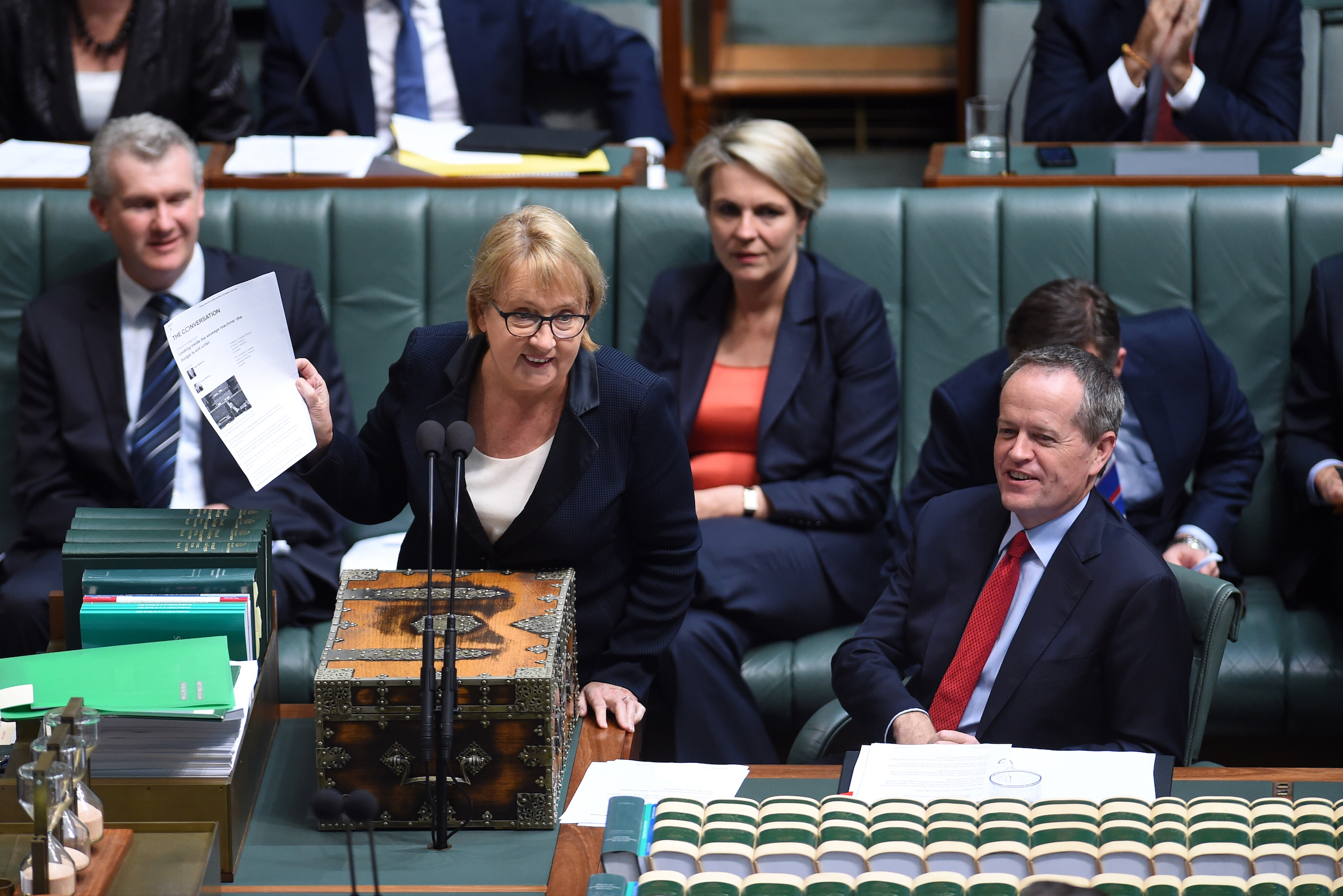
That was an early lesson for her in politics.
After one of her first bruising exchanges in parliament she received a call from a constituent who congratulated her and said he hadn’t thought she had it in her.
“You don’t realise it but a lot of people will be just wondering whether you have the guts to do the things you need to do and have the battles that need to be had.”

Politics & Society
The strong leaders
She notes that Hawke was able to bring along Australians with his economic policy reforms even though there would be difficult times for previously protected industries.
This was because he was upfront in recognising that while in the long run the policy would boost standards of living, it would be difficult for those living at the hard edge of change.
“We need to do the same now,” says Macklin. “Yes, we need to acknowledge that we have an imperative to deal with climate change, but we also have to acknowledge that there are many Australian jobs that will be affected by us taking climate change seriously.”
When I ask her for some examples of the best leadership she’s witnessed up close, she doesn’t hesitate to name Greg Combet in his role as Climate Change minister in the minority Gillard government when he oversaw the introduction of the Clean Energy Act (2011); admiring his “stamina and intellect, a capacity to negotiate and see other people’s point of view” in getting the Act through.
The legislation for the first time put a fixed price on carbon emissions as part of a planned transition to a trading scheme.
The policy was attacked an as effective carbon tax by the Tony Abbott-led opposition and eventually repealed after the Coalition won government in 2013.
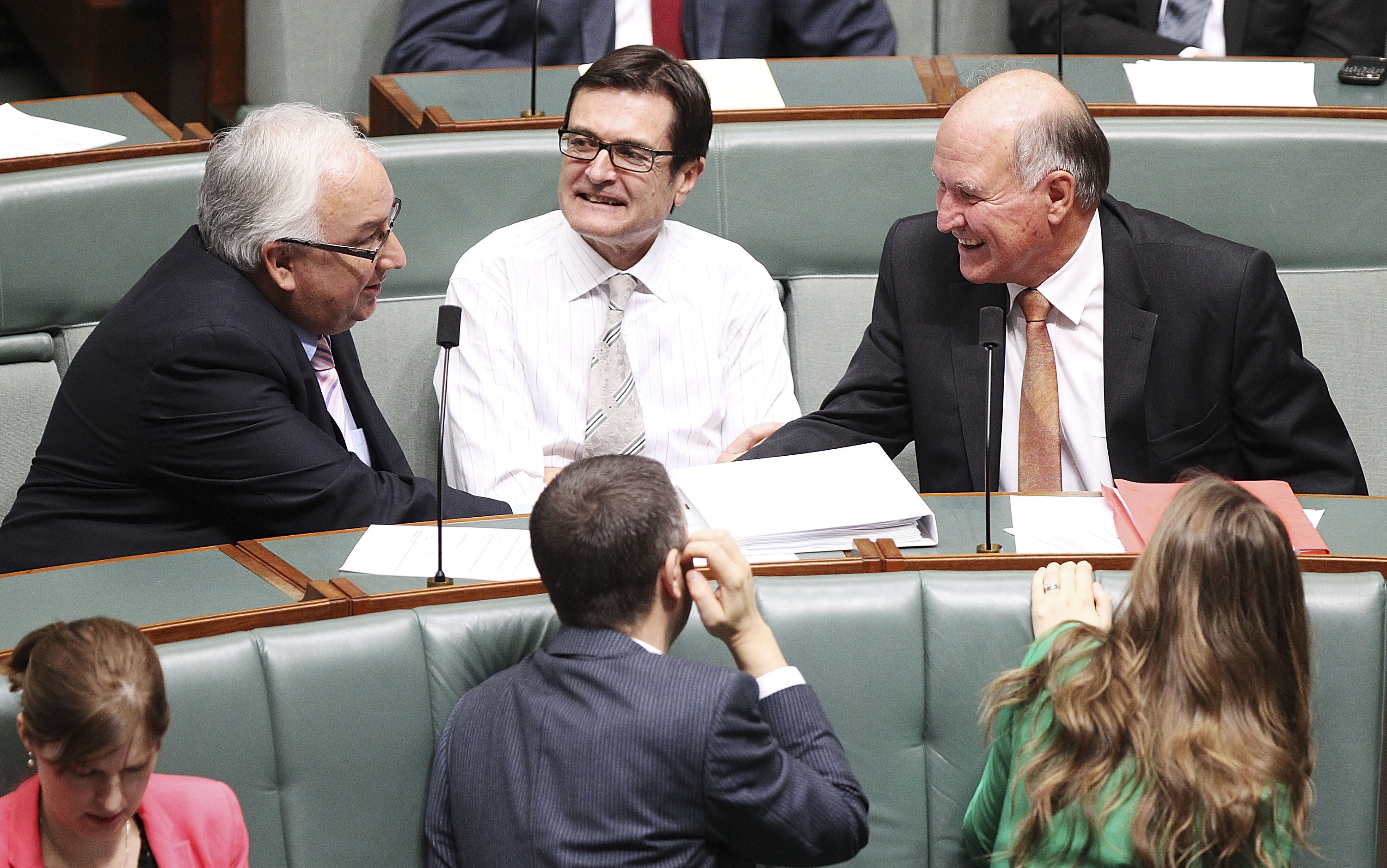
Another example was the Kevin Rudd government’s immediate response to the Global Financial Crisis in September 2008.
With US investment banking giant Lehman Brothers on the brink of collapse, Macklin was at the meeting where Prime Minister Rudd, Treasurer Wayne Swan (on the phone from New York) and Finance minister Lindsay Tanner first mapped out with Treasury Secretary Ken Henry the government’s massive stimulus package.
As Minister for Families with oversight of welfare support, she had her hands on a key economic lever for quickly getting money into the hands people who would spend it.

Politics & Society
Australian democracy: crisis, resilience and renewal
Along with crucial measures like guaranteeing bank deposits and the schools building program, the stimulus package would include the country’s biggest ever increase in the aged pension.
The package of responses meant that Australia would be only one of a handful of developed countries to avoid a recession.
“It was one of those amazingly courageous days to be part of. In the face of extreme adversity the government had to make big decisions very quickly.”
A crucial factor behind the speed and unity of decision-making, she says, was the leadership group’s shared values and convictions that meant their number overriding concern was heading off mass unemployment.

While the unemployment rate did rise to 5.6 per cent in 2009, that compared with much bigger rises across other developed countries; the unemployment rate in the US reached 9.2 per cent and in UK, 7.5 per cent.
“There was a fundamental commitment to that overriding Labor view on making sure that we didn’t see mass unemployment in Australia, which we know destroys families and communities and can take years and years to recover from.
“Many of us in our own families and communities understood this.”

Politics & Society
How the toxic went mainstream
Macklin also credits the leadership of then Prime Minister Julia Gillard for launching the Royal Commission into Institutional Responses to Child Sexual Abuse in 2012; giving it wide-ranging remit to finally investigate persistent allegations that institutions like the Catholic Church and the government had covered up abuse.
By the time it reported in 2017, the Commission had listened to the stories of more than 8,000 survivors of abuse and reviewed allegations across over 4,000 different institutions, referring over 2,500 cases to authorities.
“It was hugely important and she as Prime Minister had the determination and clarity to do that and give the Commission the scope to do its job.”
In her own portfolio Macklin credits the eventual creation of the NDIS to the leadership shown by the then Chair of the National People with Disability and Carer’s Council, Rhonda Galbally, and disability reformer and economist, Bruce Bonyhady.
They worked alongside Macklin’s then parliamentary secretary and former party leader Bill Shorten, all helping to unite the disability sector around a shared goal.
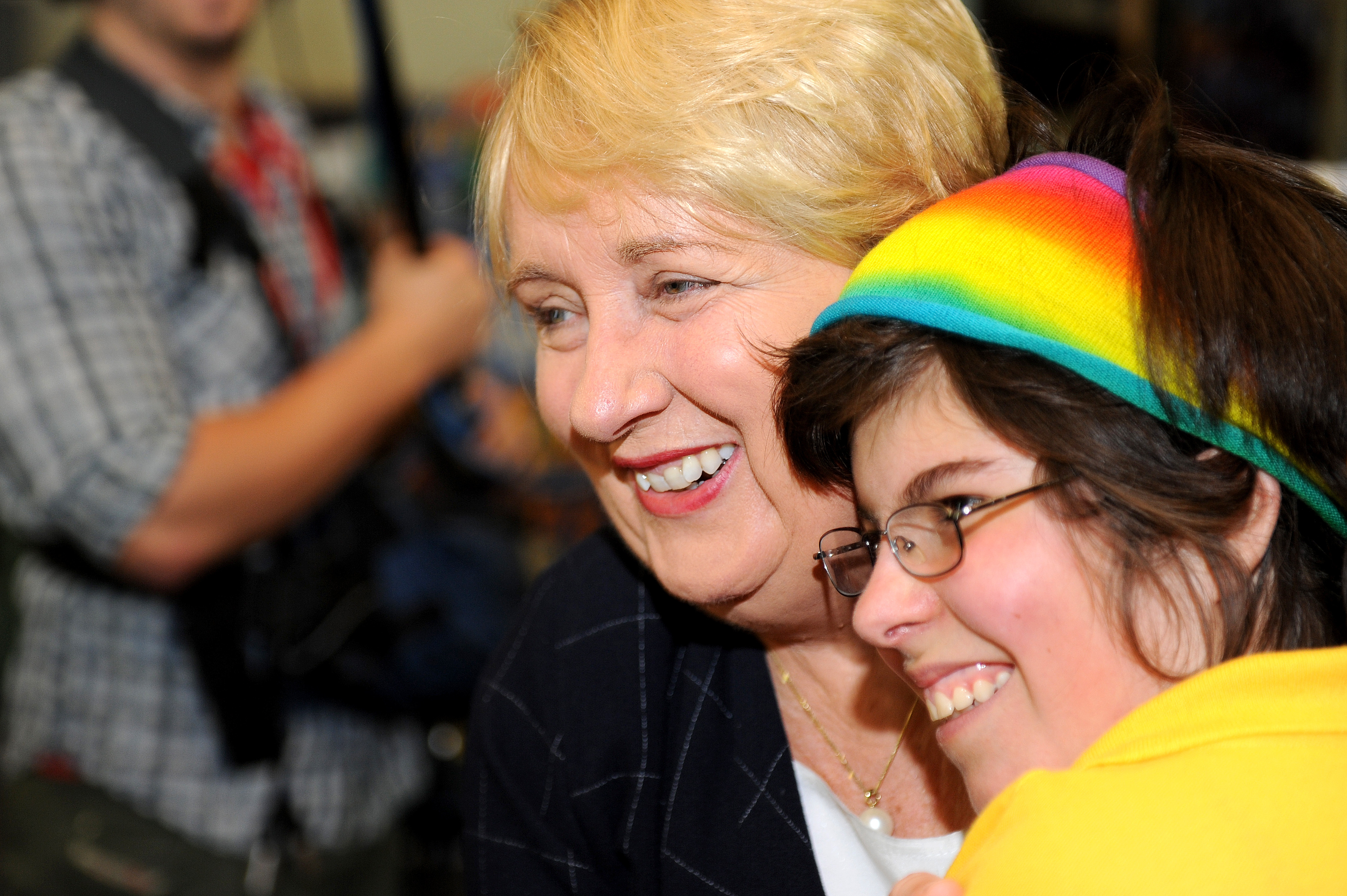
“Traditionally people living with disability, their carers and service providers hadn’t seen eye to eye, and they realised that unless they were unified there would never be an NDIS.”
To lead effectively, she says, always means being close to the ground, listening and learning about people’s problems first hand.
“In the case of disabilities reform that was pretty hard for all of us because of the stories you hear.

Politics & Society
The political challenge of a divided electorate
“I remember meeting lots of people in their 70s and 80s who were still caring for sons or daughters at home. They would say to us repeatedly that no one could tell them who would care for their child when they died, or where their child would live.
“That is a devastating thing and, as a politician standing there listening to someone who is desperate, you have to try to find an answer.”
“But when you do, it is amazing.
“I know a woman who for close to 30 years couldn’t get a decent night sleep because her son would wake up 10 or 20 times a night with an epileptic fit. But now, she has a carer come in at night and can finally have an uninterrupted sleep.
“You can’t beat that. It is absolutely worth it.”
Nominations are open for the 2019 McKinnon Prize in Political Leadership, an annual prize which champions political leadership across all tiers of Australian government. Nominations will remain open until 6 December 2019. For further information and to nominate visit www.mckinnonprize.org.au.
Banner: AAP